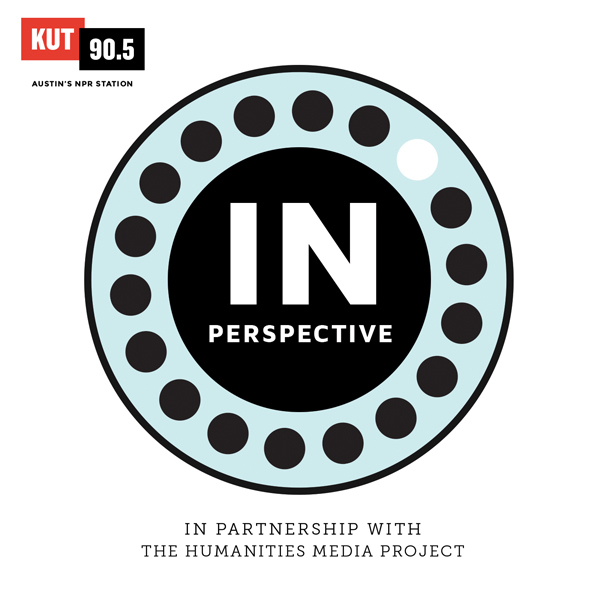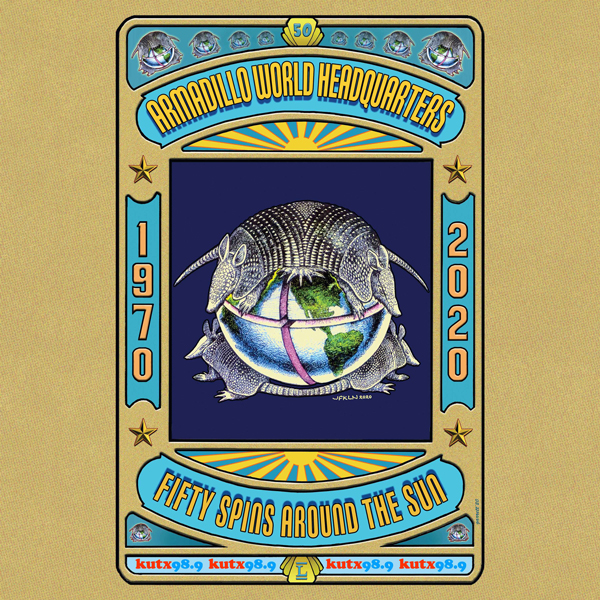Race in America
This month’s episode recognizes Black History Month by bringing together several scholars for a discussion of race in contemporary America. As we look back on 2014, we celebrate the achievements of African-Americans, but we also find racial inequality and abuses of power and privilege that continue to endanger and oppress non-white Americans. We must also ask ourselves: Where are we, as a nation, in our ongoing debates regarding race? Among other inquiries, host Rebecca McInroy asks these In Perspective discussants which conversations about race are most productive to pursue.
The Discussion
Cherise Smith is a professor of art history and Director of the John L. Warfield Center for African and African American Studies at The University of Texas at Austin. Smith reminds us that while the effects of racial discrimination are very real, race is also a social construction that gets piled onto other issues of power and identity, including gender, class, and education.
Rich Reddick is a professor of educational administration and Faculty Director for Campus Diversity Initiatives at UT Austin. Reddick argues that we need to have more general conversations about race, rather than rely on reactionary discussions, in order to help us work through and understand ongoing institutional racism.
Eric Tang is a professor of African and African diaspora studies and Asian American studies at UT Austin. For Tang, race is a set of practices, which assign values and power to certain bodies based on individual daily life, as well as policy. He brings to our attention the significance of race in how Austin has changed over time.
Regina Lawrence is a professor of journalism at UT Austin and author of The Politics of Force: Media and the Construction of Police Brutality. For Lawrence, conversations about race begin with a shared language and a greater sense of empathy—something she finds lacking in discussions driven by social media where earnest conversation can be foreclosed by a culture of shaming.
What’s your perspective?
Race is a sensitive issue in this country to say the least. It is a complicated social construction that keeps us divided through institutionalized means, via the daily reproduction of social conventions, and via the easy reliance on harmful stereotypes. While we engage in this discussion during Black History Month, it is clear that race impacts all our lives regardless of how we might identify and regardless of how others categorize us. When we understand race in relation to power and privilege, we begin to see how it plays out in our daily experiences. How does race impact your daily life.





